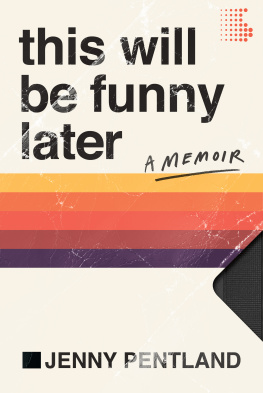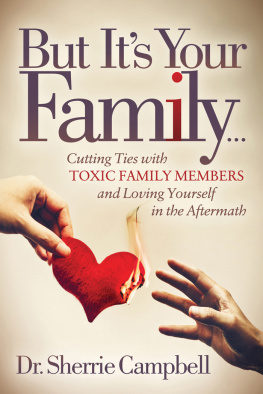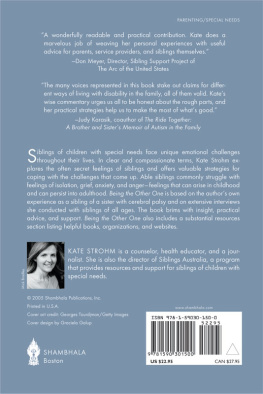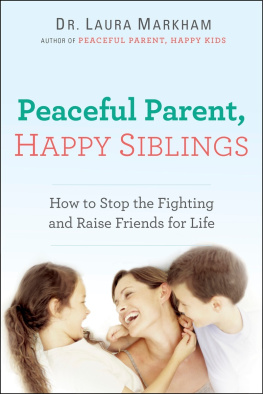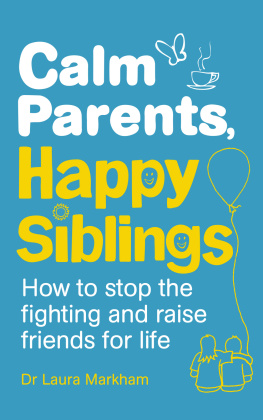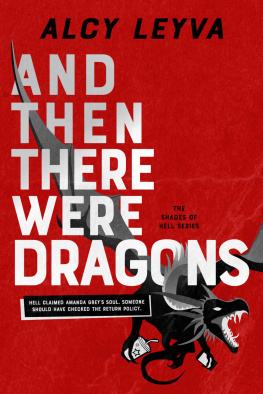Cover copyright 2020 Hachette Book Group, Inc.
Hachette Book Group supports the right to free expression and the value of copyright. The purpose of copyright is to encourage writers and artists to produce the creative works that enrich our culture.
The scanning, uploading, and distribution of this book without permission is a theft of the authors intellectual property. If you would like permission to use material from the book (other than for review purposes), please contact permissions@hbgusa.com. Thank you for your support of the authors rights.
Published by Bold Type Books, an imprint of Perseus Books, LLC, a subsidiary of Hachette Book Group, Inc. Bold Type Books is a co-publishing venture of the Type Media Center and Perseus Books.
The Hachette Speakers Bureau provides a wide range of authors for speaking events. To find out more, go to www.hachettespeakersbureau.com or call (866) 376-6591.
The publisher is not responsible for websites (or their content) that are not owned by the publisher.
Ive never had to give much thought to my identity as a woman. Ive never had to question who I am or how the world sees me. My body, my mind, my hearteven when I think back to my earliest memorieseverything has always felt connected.
From an early age, I played house. I was always the mommy holding the baby doll. When my breasts started to change, I became fully aware that my body was different from those of my brothers and the other boys around me. I always felt somewhat soft and somehow pink. Never did I question my choices in favorite colors or my instant love of Barbies. Never was I made to feel that how I naturally moved, talked, or expressed myself were offensive or wrong. My gender identity was assigned to me at birth and it matched my soul; therefore, it just wasit just isand it has allowed me to just be.
But we live in a world in which many of us are constantly told that we cant act a certain way because it isnt okay.
Some of us must constantly edit our natural movements, expressions, interests to more neatly fit into what is expected of us.
Some of us look into a mirror and the person looking back at us is not the person that lives inside.
I have had moments when Ive hated my body. Because of weight gain or because my shape didnt match that of most models and actresses. Ive wished for fuller breasts, for longer and leaner legs. And Ive also had moments when I hated my Afro-Latinx features. As a child, I always felt ugly compared with my cousins, who all had fair skin and nice hair. I remember being stared at or hearing comments that made me look in the mirror and recognize that my featuresmy skin, my face, my hairwere considered ugly. Every time I looked at my reflection, I wanted to change what I saw. I grew up intensely aware of my flaws, thinking that everyone around me believed that my looks werent right.
But it wasnt until my sister Marizol began her transition that I really stopped to think about what she might have been feeling. It wasnt until I saw how desperately she fought to understand herself and what was happening to her that I really took a moment to put myself in her shoes.
I realized only then that I had witnessed Marizol be uncomfortable and isolated for much of her childhood. Marizol off to the side, hesitant. Marizol disappointed with gifts. Marizol in football gear, awkward and bored. Marizol trapped, unable to live her truth. This, of course, was when I knew her not as my sister but as my baby brother, Jose. I remember the first time I tried to understand these memories from her perspective, to understand the emotions that she must have been feeling. Instantly, I was devastated. Only then did I understand that she, like many trans people, had been living in a prisonlike state where something was off. That something is superficially seen by the world but deeply felt by the person who is trapped.
The reality is that I would not have given much thought to how it was to be transgender if it hadnt been for my sister. This is not to say I wouldnt have sympathy for the struggle and the injustice people in the trans community face daily but simply that I likely would not have taken the time to fully immerse myself in someone elses experiences, that I would not have been able to comprehend what it truly means to live with a constant disconnect between your heart, body, and soul.
I have been witness to the childhood of a person who, by the age of three, clearly had a disconnect between body and brain. Before her transition, I saw my sister struggle as an awkward little boy, always off in his own world. I saw sadness in moments that should have been filled with happiness. I saw a little boy fight against his natural essence in an attempt to avoid being picked on or scolded. I saw and felt his embarrassment more times than I care to countand to this day it haunts me.
Though we are living in a more accepting world than we were twenty years ago, my sister still lives in fear. I have been with her when someone spooks her in public. That is, when someone calls her out as trans. I have seen the energy of others around us shift when she walks into a room. I have seen the stares.
I have also seen my sister fully celebrated. I have seen her feel beautiful and happy and confident. And I have seen how quickly, with a single look or word, that all can be erased, taken away from her. This is the reason I want to share with you our story. The story of My Sister. I hope to have you see, to have you understand and empathize with Marizols journey. To recognize that she, like all people in the world, deserves to feel safe and be loved. That she deserves to be acknowledged and addressed as the woman she is and always has been.
M ARIZOL AND I believe that individuals have the ability to take control of their gender and sexual identities, and that others should respect their choices. We also recognize that the realities of fully realizing oneself, and being properly affirmed by others, can be messy. For over nineteen years, our family and friends knew Marizol by a different gender and name. That knowledge and the habits that formed over years were not easy to revise. Other family members and I would slip, using the wrong pronouns or name. This is especially complicated when referring to Marizol before her transition.
The story that followsour storyhas been divided into three sections: Part I: Jose, Part II: Beginnings of a Transition, and Part III: Marizol. A short interlude from Marizol comes at the beginning of Part II. The book closes with an epilogue from Marizol and a list of resources that we hope is useful to those seeking help and advice for themselves and friends and family. In the first two sections, I speak freely about my youngest brother, Jose, and use male gender pronouns. This is uncomfortable for mepainful, evenbecause I know that name and those pronouns to be not just incorrect but also insulting and hurtful. I want to be clear that it is never okay to call out or refer to a trans individual by their birth name. Deadnaming, or the practice of uttering or publishing the name that a trans person used prior to transition, according to the LGBTQ news and entertainment magazine


